If you have a passion for running and want to help athletes reach their goals, becoming a coach might be a step in the right direction. Coaching involves providing personalized guidance, creating tailored training plans, and offering unwavering support for athletes. Team Injinji Athletes Jade Belzberg, Trish Arends, and Anthony Lee are ultrarunners turned coaches who have an ultimate dedication to the sport and a strong willingness to learn.
Curious about their strategies for success? Let’s dive into their insights and experiences as coaches.
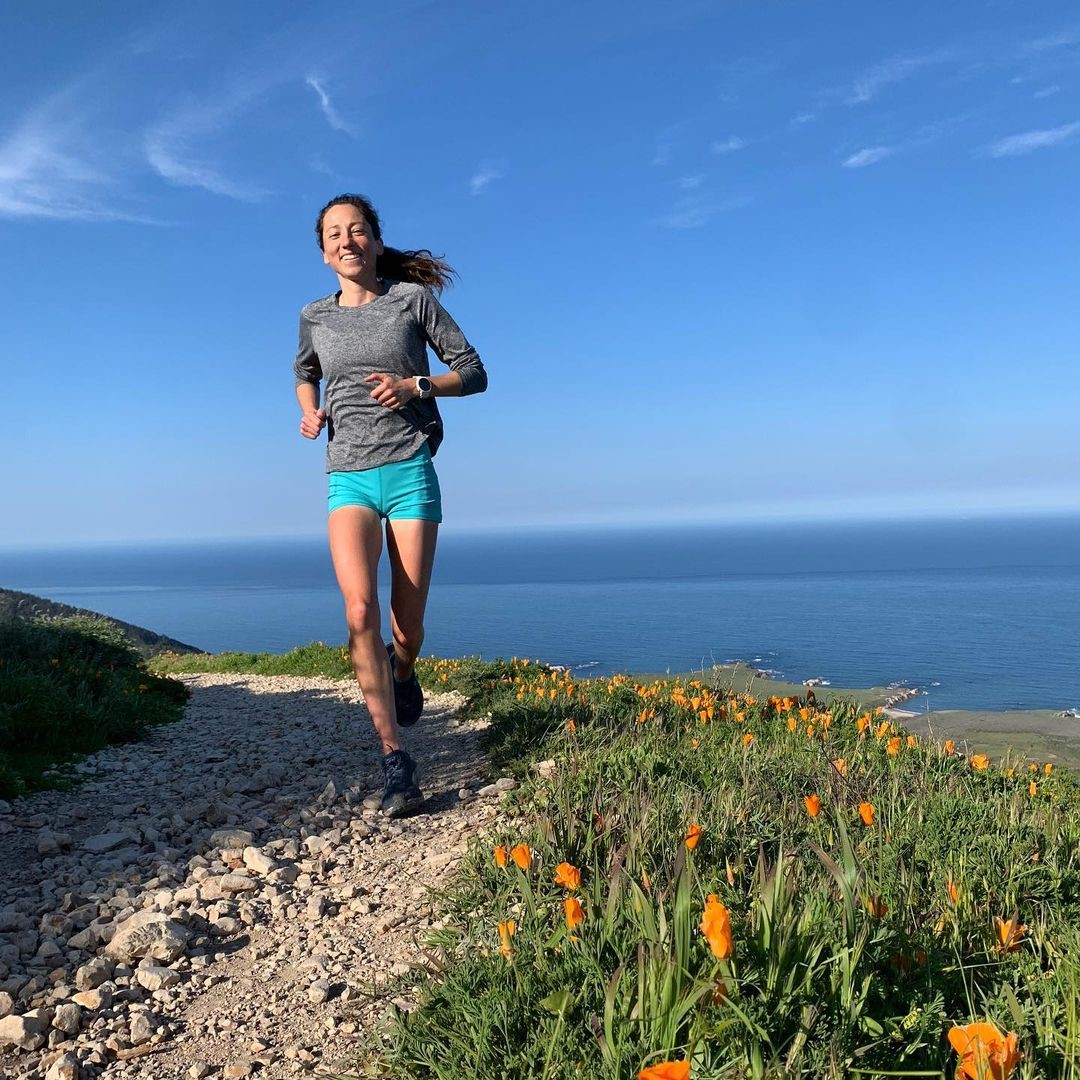

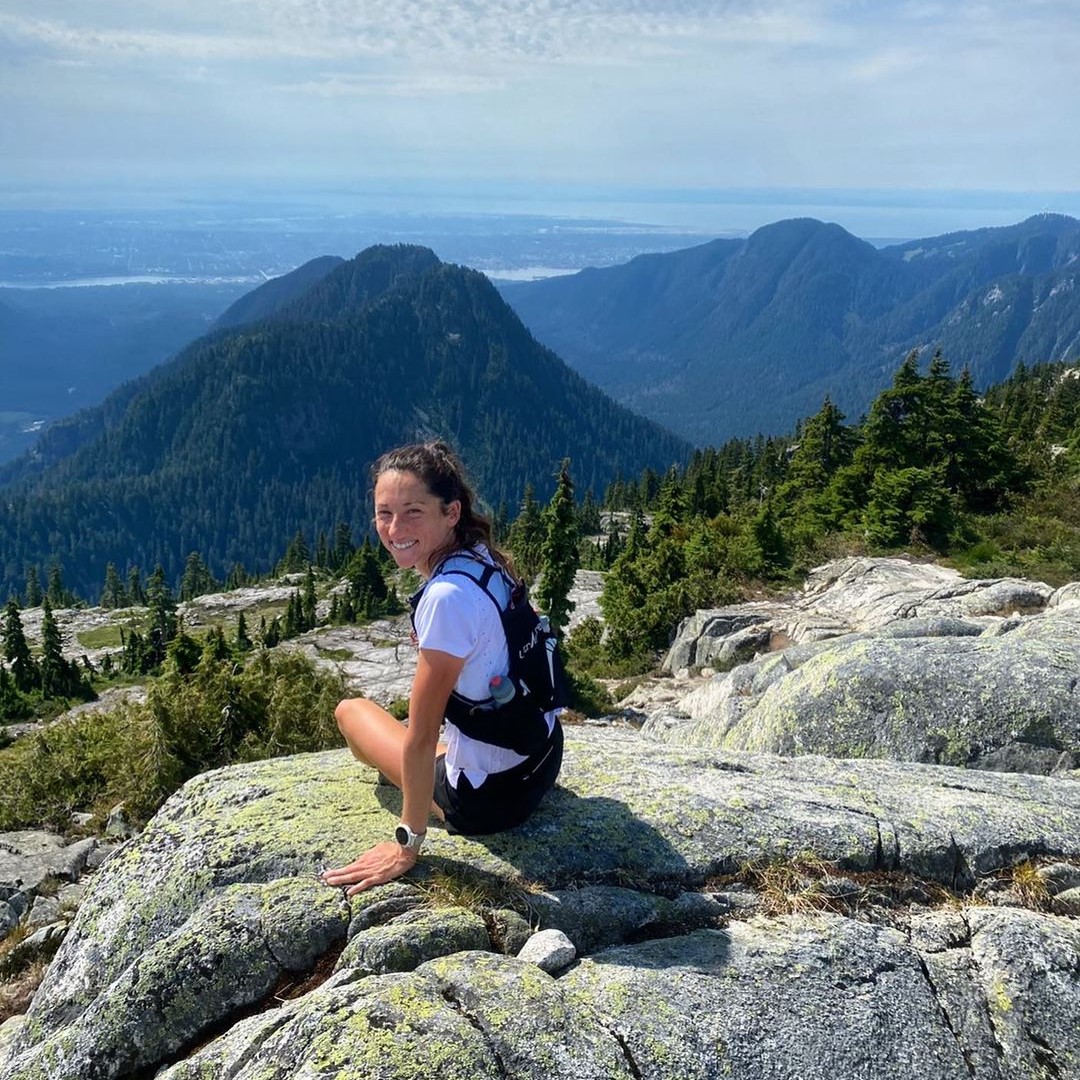

Jade Belzberg, Lightfoot Coaching
What inspired you to become a coach? How long have you been coaching athletes?
Jade: I was originally inspired to coach because I enjoy working with people one-on-one and have been mentored by athletes like my own coach, Megan Roche, and my husband, Nickademus de la Rosa. I wanted to share all that I had learned with athletes who were just beginning their ultra running journeys, like how I had begun mine. I have been coaching since 2019, when my husband and I started Lightfoot Coaching, and feel lucky to still be working with many of my original athletes. Our coaching business is named after our first spunky rabbit, Lightfoot; you can see him represented on our logo.
Trish: I have my own Physical Therapy practice where my main clientele are runners. I’ve given out a lot of advice on all things running/racing and had great feedback. I had wanted to coach for a while but really wasn’t sure where to start. Gratefully, an opportunity came up and I officially began coaching last spring with Giddyup Ultra Coaching under my mentor and coach Jeff Browning. It has been growing organically and I love it!
Anthony: I was inspired to become a running coach because when I first started running at the age of 12, I wasn't the most gifted runner on the team and almost gave up the sport. Having a wonderful coach who kept encouraging and mentoring me made me realize how great coaching could be for any athlete. I have been coaching athletes now for two years.
How has your coaching style evolved over the years?
Jade: As I’ve learned more from working with various personalities and abilities, as well as through education, I’ve developed a wider understanding of how to motivate different athletes. I’ve also learned a lot from the athletes that come to me from different backgrounds, like triathlons or swimming, and have grown to really appreciate the benefit of additional training modalities, like strength work and cross-training.
Trish: Working with each athlete is such a different experience. You must have great communication and adapt to their needs. There’s lots of back and forth at first, trying to learn what works. With good communication and trust, a great coach/athlete relationship can really take off! Being a Physical Therapist for many years, I have helped people reach their goals from a rehab perspective. I still bring rehab to the table with my athletes when needed, but have implemented more of a strategy of bulletproofing the body to prepare to handle the load placed on the body, reducing injury. When I first meet an athlete, I want to know their history (training, injury, etc.) to determine how we can best reach their goals. I want good communication so that if my athlete feels a niggle on a run, they feel comfortable enough to message me right away, and I will adjust the plan accordingly.
Anthony: I think my coaching style has changed a lot over the past few years by not just giving athletes what I think would work for them based on my training. Instead, I use more scientific research, read more books, and listen to podcasts from more advanced and experienced coaches.
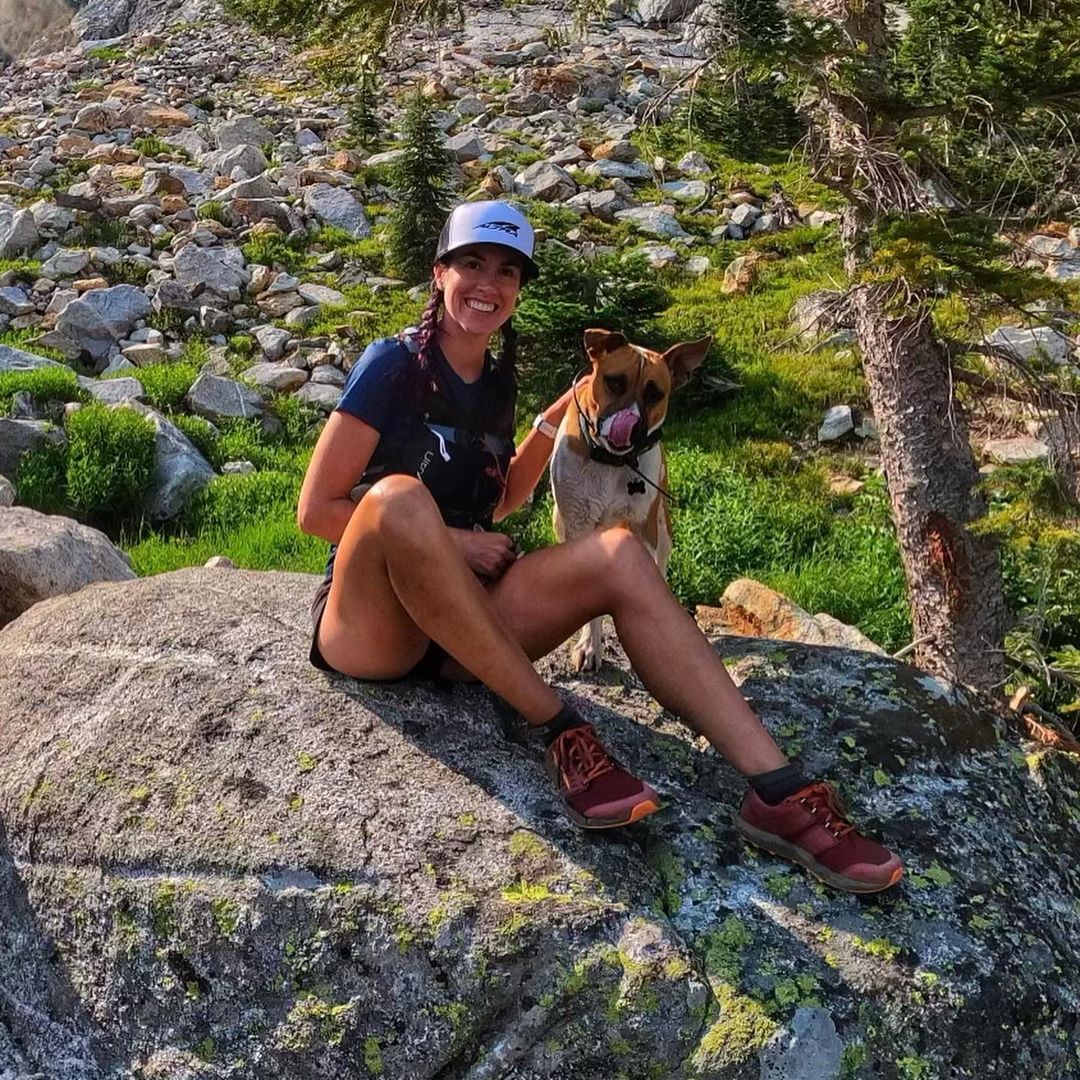

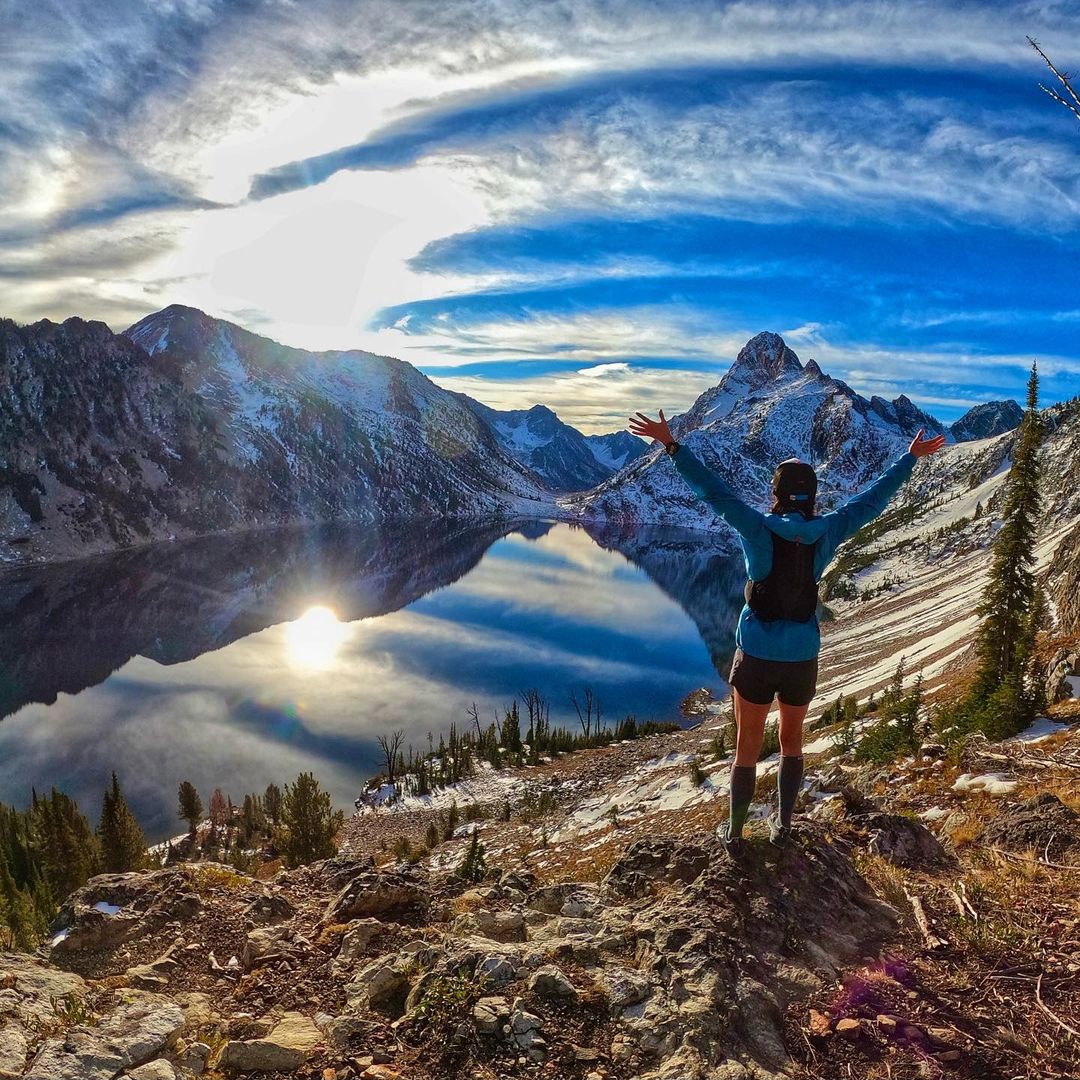

Trish Arends, Giddy Up Ultracoaching
What do you find most enjoyable about coaching athletes?
Jade: I really value the connection I develop with my athletes over time and get a lot of joy out of seeing them surprise themselves with what they can do!
Trish: There’s something special about being able to help people reach their ultimate goals. I love following their races, cheering virtually. Then after the race is done, helping them break down the race, learn from it and build again. It’s exciting and challenging! I am always learning from them. Is it hard when someone doesn’t reach their goal? Yes. But helping them build back up, and then watching them crush it in the future is priceless!
Anthony: I love it when the athlete buys into the training process, and they crush their goals we set out to accomplish.
Could you share a challenge, or challenges, that you have faced as a coach?
Jade: Early on, I felt like an imposter—like I was too young or not qualified enough to be a coach. I imagine this might be more common for female athletes, too. That feeling has gone away over time simply from focusing on learning everything I can and doing my best to be as supportive to my athletes as possible. Hearing that I have made a positive impact for an athlete, or have an athlete come back onboard to coach with me after a season away, is also reassuring!
Trish: I recently had an athlete who got very sick three weeks before her first 100miler. Talk about a hit to the mental game. Yes, it is a physical hit, but mentally it can be so deflating. Navigating that headspace can be difficult. It is so important to stress to the athlete that resting is the best thing you could possibly do vs. pushing through an illness. You will not lose all your fitness if you rest for a week, but you could end up not even getting to the start line if you try to run through it. And yes, she finished and did awesome!
Anthony: I've had a few challenges but nothing too crazy as a coach. I think the main challenge we all face is when the client doesn't follow the training plan and then gets injured or sick. As a coach, it’s hard to see your athlete deal with those struggles.
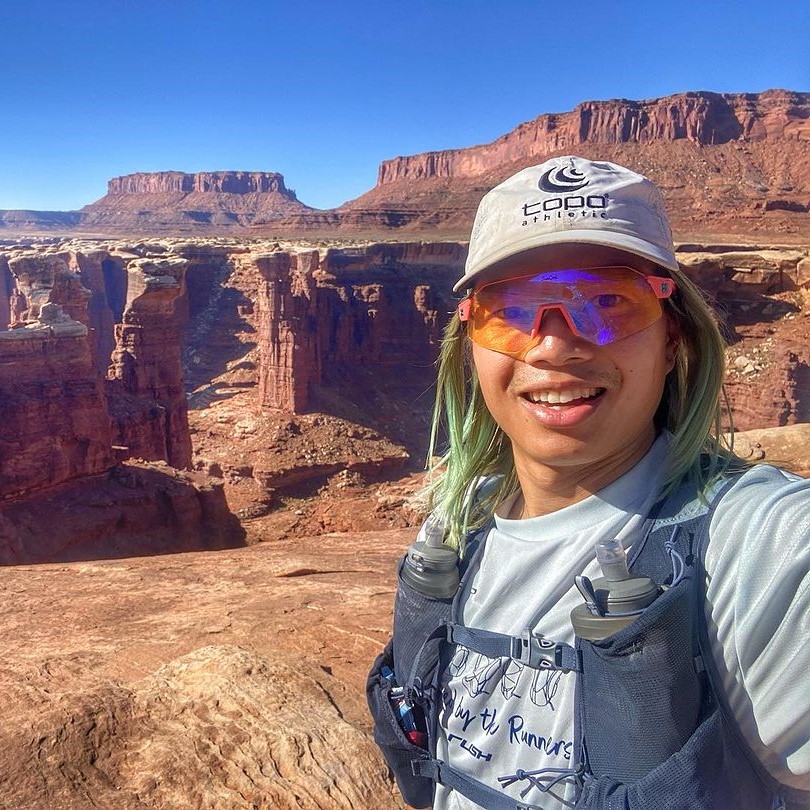

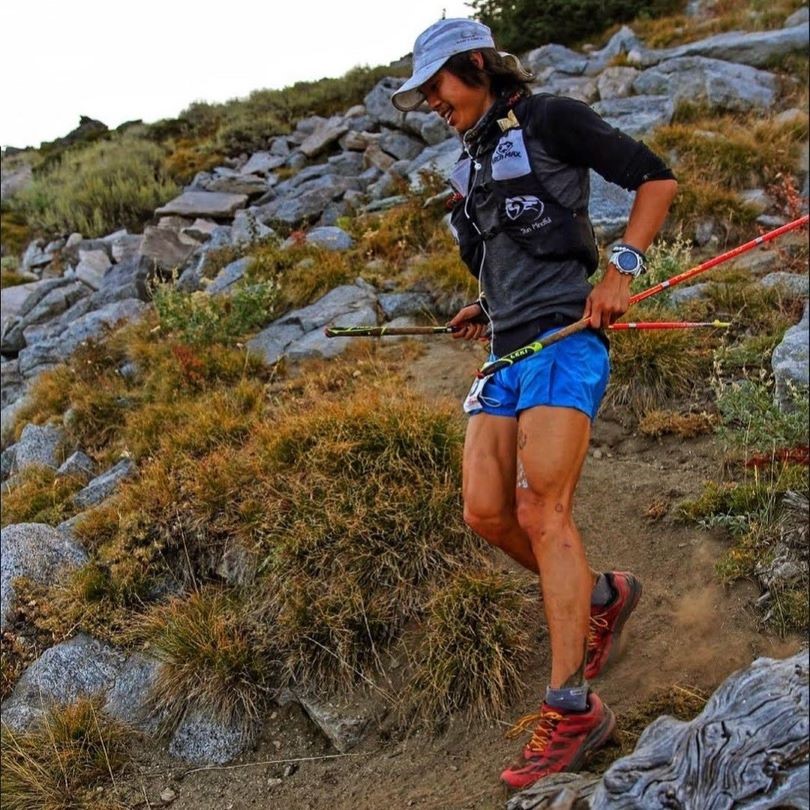

Anthony Lee, Ultrarunning Coach
What advice would you give to individuals looking to take their coaching to the next level? Are there specific strategies or approaches that have worked well for you?
Jade: I would suggest reading as much as you can and remaining open to different ideas and training modalities. That said, listen to your athlete first and your gut intuition second. Everything else comes after that.
Trish: Constantly learn and don’t be afraid to say you don’t know. When I get asked questions that I don’t have an answer to, I say, “You know what, let me do some research and get back to you on that.” Then we both learn something new. Listen to your athlete. Check in on how they are feeling, recovering and how stress levels are. Sometimes there is an outside stressor that is causing a decrease in recovery, and you need to back off training.
Anthony: I think being open-minded to criticism and feedback is a must for all coaches. Not all athletes fit with one coach, and I think coaches need to have a bit more grace when an athlete decides to change it up and go with someone else. Don't let your ego be bigger than your head.
Do you have any resources – books, courses, platforms – that you find helpful or informative for coaches?
If you could pick your favorite pair of Injinji socks to give to your athletes, which pair would you choose?
Jade: The Run Lightweight No-Show socks are my everyday socks that I recommend to my athletes. They’re a nice weight that can be worn year-round and work well for long runs, speed workouts, and strength work alike. I consider them my do-everything socks!
Trish: The Ultra Run Mini Crew! I just love how it hugs the foot and is padded in all the right spots. It also hugs the ankle nicely to keep out debris.
Anthony: I would pick the Trail Midweight Crew socks for all my athletes as they prevent blisters and keep your feet very happy during any run.








